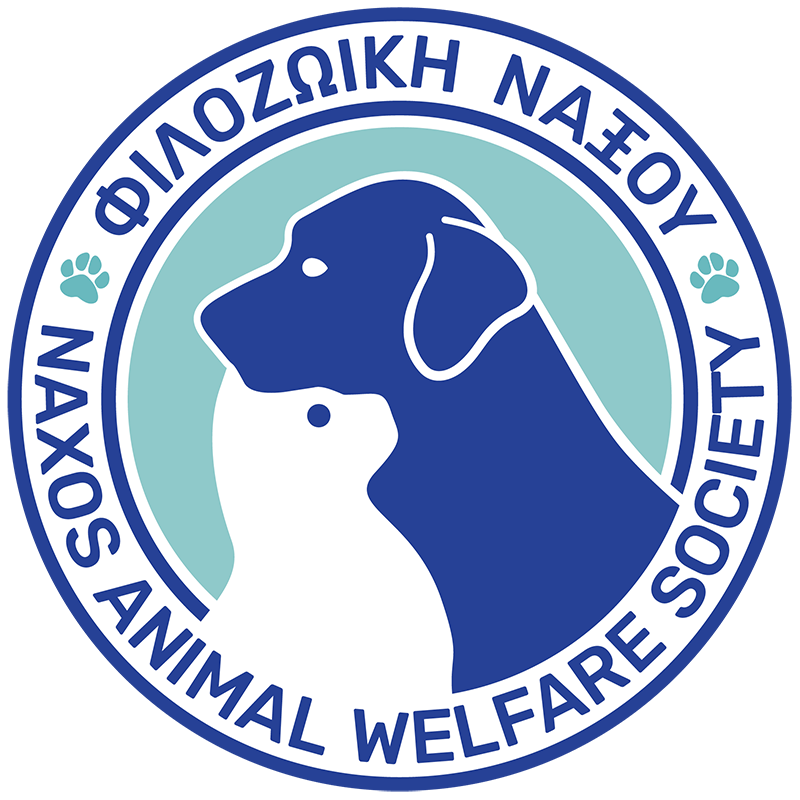When it comes to our pets' health, nutrition is key! Just like us, dogs and cats need a balanced diet. to maintain energy, support a strong immune system, and live long, happy lives. With so many options available, from kibble and wet food to raw and homemade diets, it’s essential to choose a diet that meets the specific nutritional needs of each pet. Dogs, being omnivores, thrive on a mix of proteins, fats, and grains, while cats, as obligate carnivores, require diets rich in high-quality animal protein. Selecting the right food can prevent common health issues and ensure that our pets get the vitamins, minerals, and nutrients they need. Whether you're feeding a puppy, a senior dog, or an active adult cat, finding the ideal diet is a big part of giving them the best life possible!
Dry Food
Wet-Canned Food
Fresh-Home Food
Raw Food
Vegeterian Food
Example from Dry Food to Raw in a Week

List of Foods Not to Feed
Not for dog
Not for cat
- Alcohol
- Apple Seeds
- Avocado
- Baby Food
- Cooked Bones (Not Raw)
- Candy and Chewing Gum
- Cat Food
- Chocolate
- Citrus Oil Extracts
- Coffee
- Corn on the Cob
- Fat Trimmings
- Fish
- Garlic
- Grapes and Raisins
- Human Vitamins
- Liver
- Macadamia Nuts
- Milk and Dairy Products
- Mushrooms
- Onions and Chives
- Persimmons, Peaches and Plums
- Rhubarb and Tomato Leaves
- Salt
- Spices containing Capsaicin
- String
- Sugar
- Tobacco
- Xylitol
- Yeast (on its own or in dough)
- Alcohol
- Avocado
- Baby Food
- Bones (from fish, poultry, or other meat)
- Candy and Chewing Gum
- Dog Food
- Chocolate
- Citrus Oil Extracts
- Coffee
- Fat Trimmings
- Fish (in high amounts)
- Garlic
- Grapes and Raisins
- Human Vitamins
- Macadamia Nuts
- Milk and Dairy Products
- Mushrooms
- Onions
- Persimmons
- Raw Eggs
- Salt
- String
- Sugar
- Tobacco
- Yeast (on its own or in dough)

